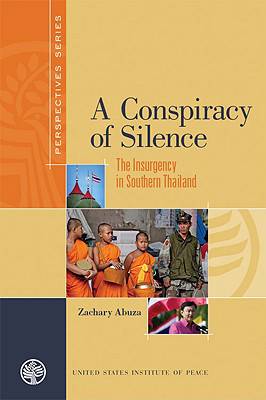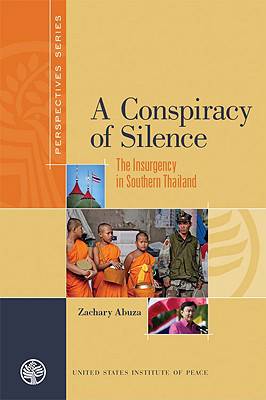
- Afhalen na 1 uur in een winkel met voorraad
- Gratis thuislevering in België vanaf € 30
- Ruim aanbod met 7 miljoen producten
- Afhalen na 1 uur in een winkel met voorraad
- Gratis thuislevering in België vanaf € 30
- Ruim aanbod met 7 miljoen producten
Zoeken
Omschrijving
A sectarian-based insurgency has raged in southern Thailand since January 2004, leaving 3000 dead and thousands more injured. This work examines the roots of the southern Thai conflict. It presents an overview of the crisis, documents the flight of the south's Buddhist community, and argues that the Thai government has woefully misplayed its hand.
Specificaties
Betrokkenen
- Auteur(s):
- Uitgeverij:
Inhoud
- Aantal bladzijden:
- 172
- Reeks:
Eigenschappen
- Productcode (EAN):
- 9781601270023
- Verschijningsdatum:
- 1/06/2009
- Uitvoering:
- Paperback
- Afmetingen:
- 152 mm x 229 mm

Alleen bij Standaard Boekhandel
+ 34 punten op je klantenkaart van Standaard Boekhandel
Beoordelingen
We publiceren alleen reviews die voldoen aan de voorwaarden voor reviews. Bekijk onze voorwaarden voor reviews.











